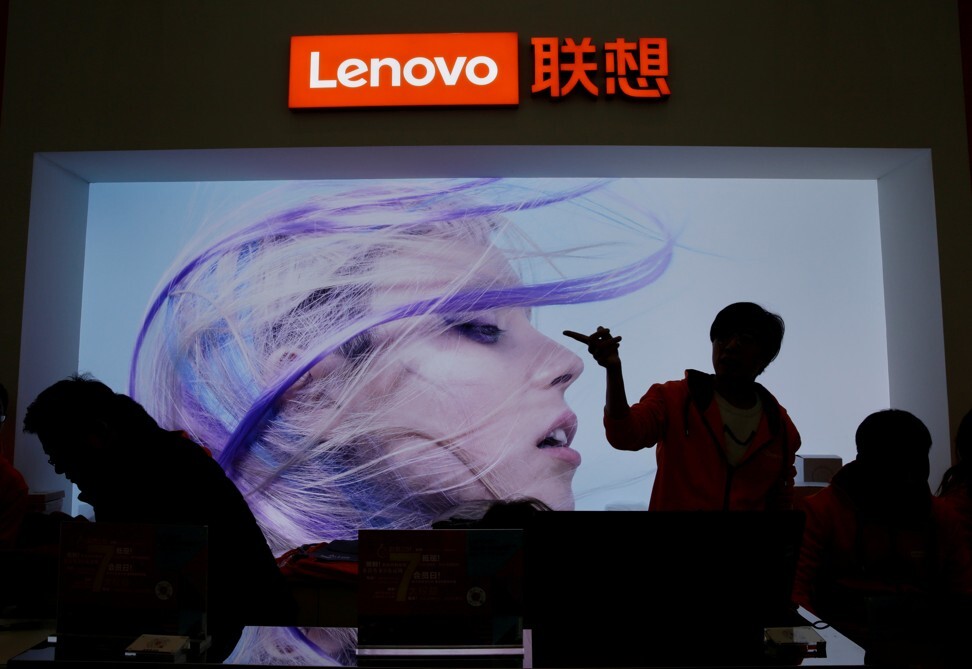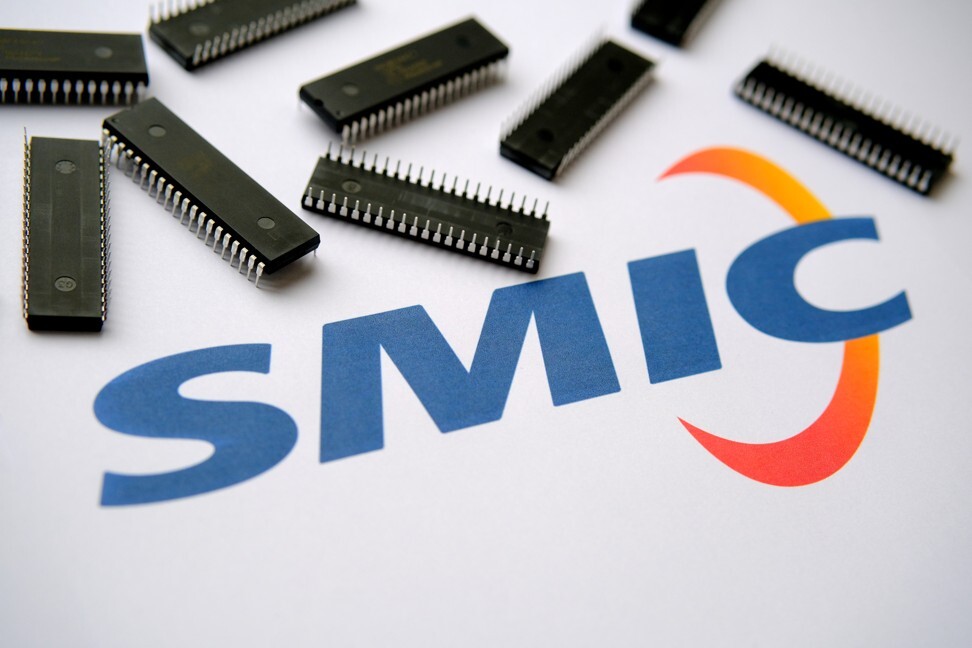
Lenovo’s shareholders give their overwhelming nod to company’s plan to sell Chinese depositary receipts in Shanghai’s Star Market
- Shareholders of Lenovo approve by a majority its plan to issue CDR to raise funds on Shanghai tech board, Star Market
- If successful, the personal computer giant will set a first example as a listed Chinese tech firm to raise fund via CDR
Lenovo’s shareholders have given their nod to an initial public offering of Chinese depositary receipts by the world’s largest personal computer maker on Shanghai’s Star Market, in a landmark sale that may encourage more overseas-listed technology companies to follow suit.

“If Lenovo’s CDR issuance proves to be a success, this could encourage other offshore-listed companies to also raise funds on the Star Market,” said Bruce Pang, head of macro, strategy research at China Renaissance, adding that “a second listing in the A-share market is positive to its Hong Kong share price.”
Lenovo’s shares trade at 15.6 times current years earnings in Hong Kong, a fraction of the average price-earnings ration on the Star Market, which topped 90 times according to local media reports. The valuation gap could attract Chinese investors to pour their money into the Hong Kong stock exchange via the southbound Connect cross-border investment channel.
The search for value is not without precedence. Semiconductor Manufacturing International Corporation (SMIC), China’s largest chip maker, raised 53 billion yuan (US$8.2 billion/ HK$63.6 billion) last July on the Star Market. Its stock more than tripled during its Shanghai debut, which boosted the company’s Hong Kong shares in an 81 per cent rally to a multi-year high a month earlier.

“We believe that this A-share listing [via CDR] will be a positive catalyst for its valuation as it will attract more mainland investors,” CCB International’s analyst Rocky Zhang wrote in a recent note, with an “outperform” rating on Lenovo and a 12-month target price of HK$10.5. The stock fell by as much as 7.4 per cent to an intraday low of HK$9.41 today.
Lenovo has chosen CICC as the lead underwriter and sponsor for the deal, which is still pending the approval by the Shanghai Stock Exchange, and the China Securities and Regulatory Commission, according to its January circular.
It plans to use the proceeds for research and development of new technologies, products and solutions, strategic investments in related sectors.
Lenovo is not the first company to sell CDRs. That honour went to Ninebot, the Xiaomi-backed maker of smart scooters including the Segway self-balancing personal transporter, which raised 1.33 billion yuan in an October public offer. Unlike Lenovo, Ninebot is not listed anywhere else.
Earlier Wednesday, Lenovo reported that its third-quarter net profit had risen 53 per cent to US$395 million during the period ended December.

